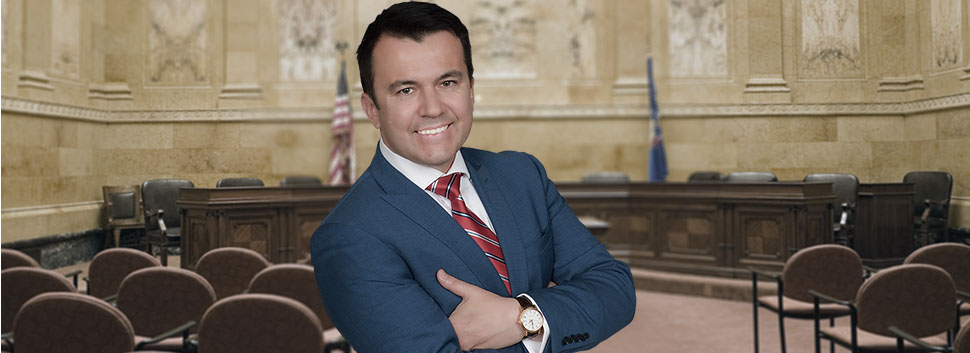US Copyright Office Declares Commercial AI Use Exceeds Fair Use Boundaries
Hello everyone! Today, we're going to talk about commercial AI use. The U.S. Copyright Office has recently clarified its position on the use of copyrighted materials in training artificial intelligence (AI) models. In a statement, the Office asserted that employing copyrighted works for commercial AI purposes "goes beyond established fair use boundaries." This determination is based on concerns that such practices could produce outputs that directly compete with original works, potentially undermining the market for human creators....
Continue reading
















